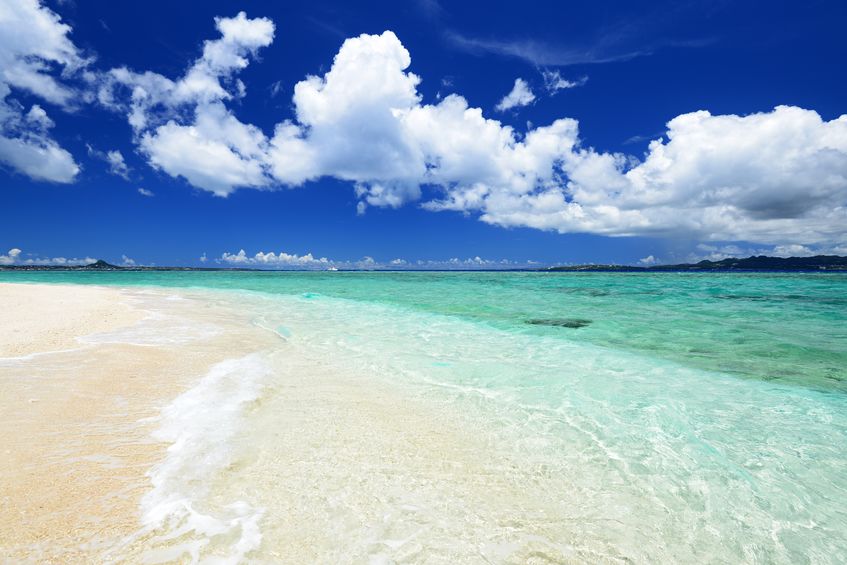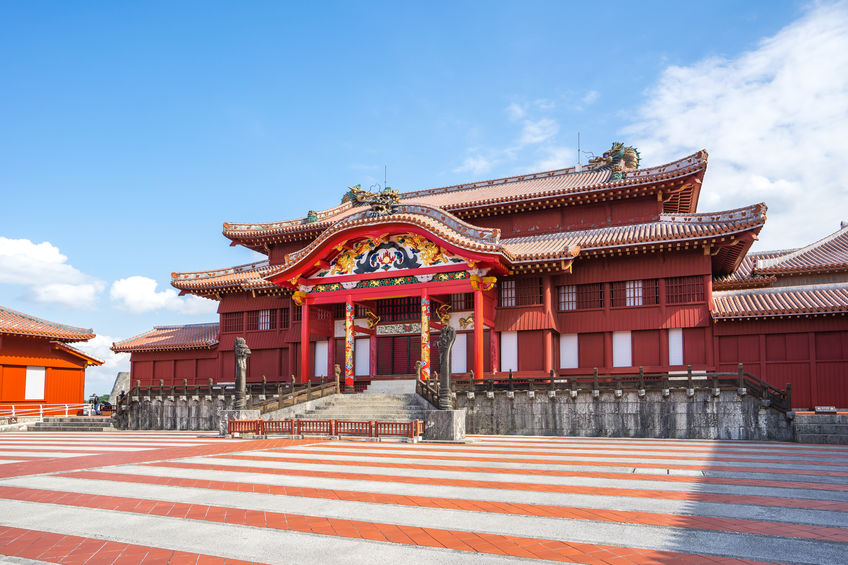Introduction
Okinawa, the southernmost prefecture of Japan, is a tropical paradise known for its stunning beaches, unique culture, and warm climate. It’s an attractive destination for people considering an international move. However, as with any significant relocation, it’s essential to weigh the benefits and challenges. Here’s an overview of the pros and cons of moving to Okinawa for international residents.
Pros of Moving to Okinawa
1. Beautiful Natural Environment
- Pristine beaches, turquoise waters, and coral reefs make Okinawa a haven for nature lovers and water sports enthusiasts.
- The subtropical climate allows for outdoor activities year-round.
2. Unique Okinawan Culture
- Okinawa has a distinct culture influenced by its Ryukyu Kingdom heritage, including unique music, dance, and festivals.
- Local cuisine, such as Okinawa soba and Goya Champuru, offers a delightful culinary adventure.

3. Slower Pace of Life
- Okinawa’s relaxed lifestyle contrasts with the fast-paced life in mainland Japan or urban cities.
- The emphasis on community and family creates a warm, welcoming environment.
4. Cost of Living
- Compared to major cities like Tokyo or Osaka, Okinawa generally offers a lower cost of living, particularly for housing.
5. International Community
- The presence of U.S. military bases and tourism brings an international flavor to the island, making it easier for foreigners to adapt.
6. Health and Longevity
- Okinawa is famous for the longevity of its residents, attributed to their healthy diet and lifestyle.
Cons of Moving to Okinawa
1. Limited Job Opportunities
- Unless you’re working in tourism, education (e.g., English teaching), or with the U.S. military, job opportunities can be limited.
- Salaries tend to be lower compared to mainland Japan.
2. Typhoons and Weather Challenges
- Okinawa experiences typhoon season from May to October, which can bring heavy rain and strong winds.
- The subtropical climate can feel excessively humid for some people.
3. Distance from Mainland Japan
- While Okinawa is a part of Japan, its geographic separation can make travel to and from mainland Japan costly and time-consuming.
- Certain goods or services may be less accessible than in larger cities.
4. Language Barrier
- While many locals speak Japanese, Okinawan dialects and limited English proficiency among some residents may pose challenges for newcomers.
5. Cultural Differences
- Adapting to Okinawan customs and traditions, which differ from both Western and mainland Japanese cultures, may require time and effort.
6. Limited Urban Amenities
- Okinawa lacks the extensive shopping, entertainment, and public transportation infrastructure found in major Japanese cities.
- Public transport is limited, and owning a car is often necessary.
Conclusion
Moving to Okinawa offers a blend of idyllic natural beauty and a unique cultural experience, but it also comes with challenges such as limited job prospects and typhoon risks. Understanding these factors is crucial for making an informed decision. If you value a relaxed lifestyle, stunning landscapes, and a close-knit community, Okinawa might be the perfect place for you to start your new chapter.
Would you like more details on any specific aspect of moving to Okinawa?

